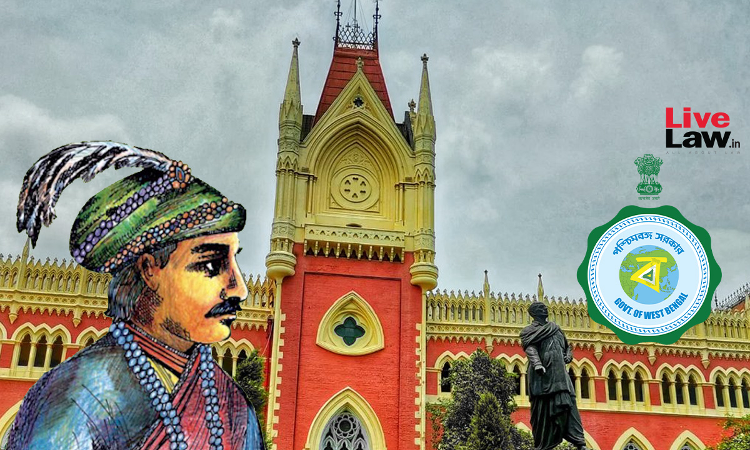A Public Interest Litigation (PIL) plea has been moved before the Calcutta High Court seeking a direction to the state government to declare a public holiday on July 2 (the day he died) in honor of the martyrdom of the last independent Nawab of Bengal, Mirza Muhammad Siraj-ud-Daulah.The PIL plea moved by one Kousik Ghosh through advocate Saugata Banerjee states that Sirajud-Daulah was one...

